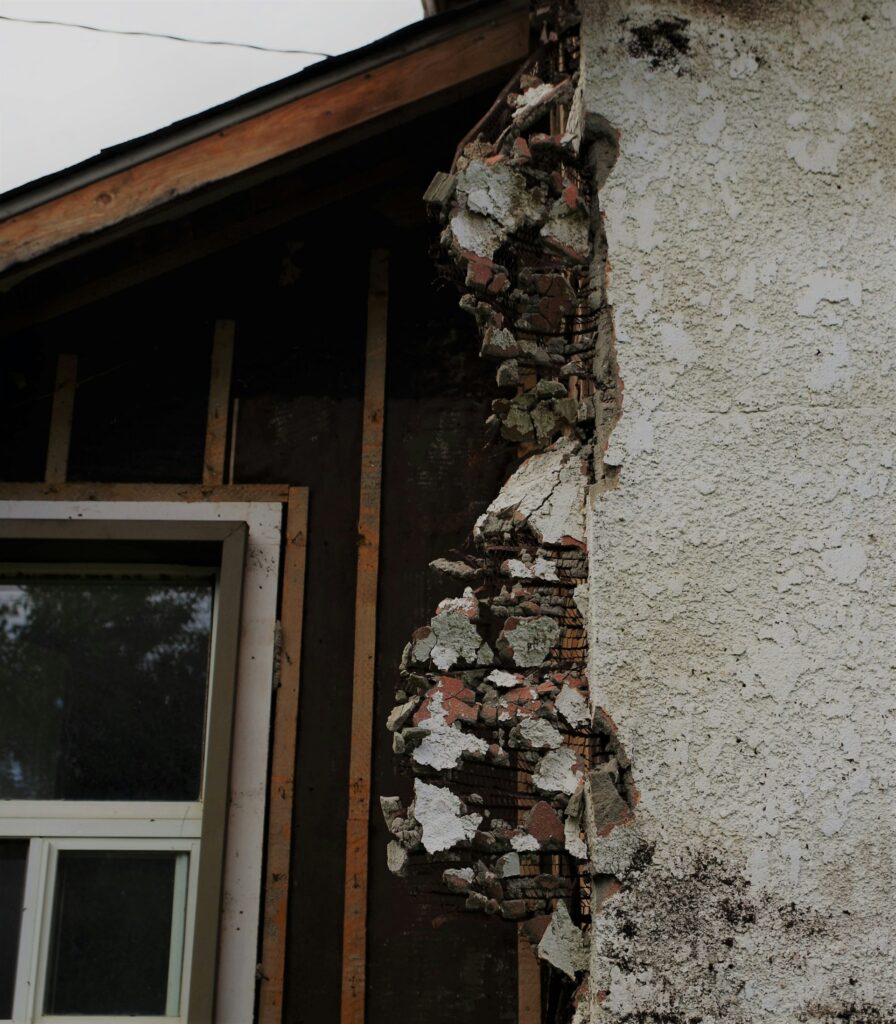With rising home prices and competitive markets, many homebuyers are exploring the idea of purchasing a fixer-upper in 2024. While the thought of renovating a property and turning it into your dream home might be appealing, there are several factors to weigh before making the decision. Whether you’re looking to settle in a vibrant Colorado neighborhood or elsewhere, understanding the pros and cons of buying a fixer-upper is crucial for making an informed choice.

Pros of Buying a Fixer-Upper
- Lower Purchase Price One of the biggest advantages of buying a fixer-upper is the lower initial cost compared to a move-in-ready home. In hot real estate markets like Denver or Boulder, a fixer-upper can offer you the opportunity to get into a neighborhood that might otherwise be out of your budget.
- Customization Potential Buying a home that needs renovations allows you to personalize it to your exact taste. You can choose everything from flooring and cabinets to room layouts and outdoor spaces, transforming the house into your dream home.
- Increased Property Value If you renovate wisely, you can significantly increase the value of your home. In markets like Colorado, where property values continue to rise, fixing up a home can lead to a profitable resale down the line.
- Less Competition In a competitive housing market, many buyers shy away from fixer-uppers due to the time and effort required. This means less competition and a better chance of securing the property.
Cons of Buying a Fixer-Upper
- Unexpected Costs Renovating a home can lead to unexpected expenses, especially if you encounter structural issues or outdated systems like plumbing or electrical. It’s important to budget more than you think you’ll need for unforeseen repairs.
- Time-Consuming Renovations Depending on the scope of work, renovating a fixer-upper can take months or even longer. If you’re not prepared to live through the construction process or manage the time investment, this might not be the right choice for you.
- Financing Challenges Securing financing for a fixer-upper can be more complicated than for a move-in-ready home. Lenders may be hesitant to offer traditional loans for properties in poor condition, which might require you to explore specialized renovation loans.
- Limited Immediate Livability Many fixer-uppers are not move-in ready, meaning you may need to find temporary housing while renovations are underway. This can add to the overall cost and complexity of buying such a property.
Is a Fixer-Upper Right for You?
Before deciding to buy a fixer-upper in 2024, assess your financial situation, your willingness to manage renovations, and your long-term real estate goals. For some, the opportunity to invest in a property and build equity through improvements makes it worth the effort. For others, the hidden costs and time commitments might outweigh the benefits.
Colorado’s real estate market is known for its diverse homes, from urban apartments to rural properties. If you’re considering buying a fixer-upper in this region, make sure to research the neighborhood and potential renovation costs to ensure the investment aligns with your vision.
